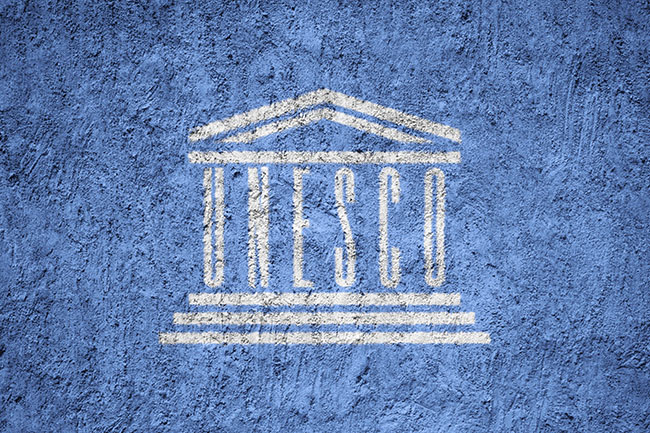UNESCO adopts first global ethical framework for neurotechnology
Neurotechnology is rapidly transforming how humans interact with machines and their own minds, and UNESCO’s new global framework seeks to ensure that this revolution protects, rather than endangers, our most private frontier, the human brain.

UNESCO has approved the world’s first global framework on the ethics of neurotechnology, setting new standards to ensure that advances in brain science respect human rights and dignity. The Recommendation, adopted by member states and entering into force on 12 November, establishes safeguards to ensure neurotechnological innovation benefits those in need without compromising mental privacy.
Launched in 2019 under Director-General Audrey Azoulay, the initiative builds on UNESCO’s earlier work on AI ethics. Azoulay described neurotechnology as a ‘new frontier of human progress’ that demands strict ethical boundaries to protect the inviolability of the human mind. The framework reflects UNESCO’s belief that technology should serve humanity responsibly and inclusively.
Neurotechnology, which enables direct interaction with the nervous system, is rapidly expanding, with investment in the sector rising by 700% between 2014 and 2021. While medical uses, such as deep brain stimulation and brain–computer interfaces, offer hope for people with Parkinson’s disease or disabilities, consumer devices that read neural data pose serious privacy concerns. Many users unknowingly share sensitive information about their emotions or mental states through everyday gadgets.
The Recommendation calls on governments to regulate these technologies, ensure they remain accessible, and protect vulnerable groups, especially children and workers. It urges bans on non-therapeutic use in young people and warns against monitoring employees’ mental activity or productivity without explicit consent.
UNESCO also stresses the need for transparency and better regulation of products that may alter behaviour or foster addiction.
Developed after consultations with over 8,000 contributors from academia, industry, and civil society, the framework was drafted by an international group of experts led by scientists Hervé Chneiweiss and Nita Farahany. UNESCO will now help countries translate the principles into national laws, as it has done with its 2021 AI ethics framework.
The Recommendation’s adoption, finalised at the General Conference in Samarkand, marks a new milestone in the global governance of emerging technologies.
Would you like to learn more about AI, tech and digital diplomacy? If so, ask our Diplo chatbot!
